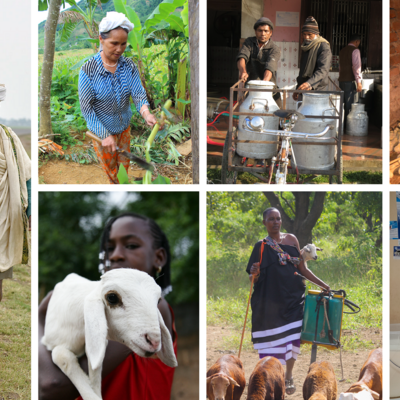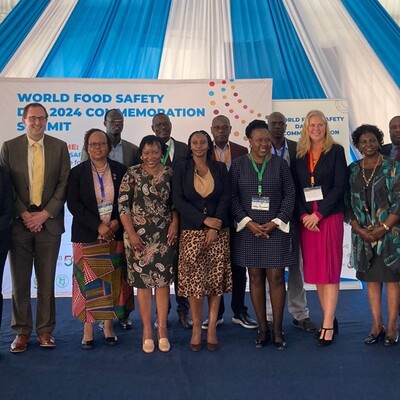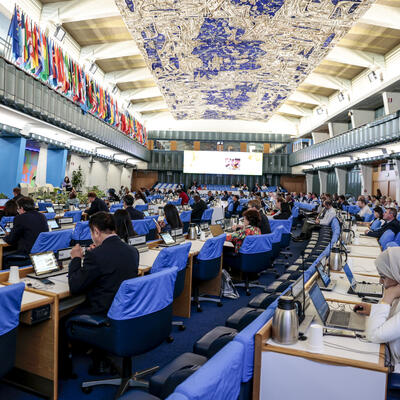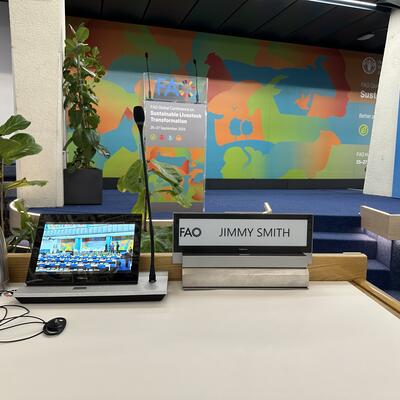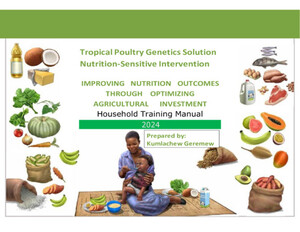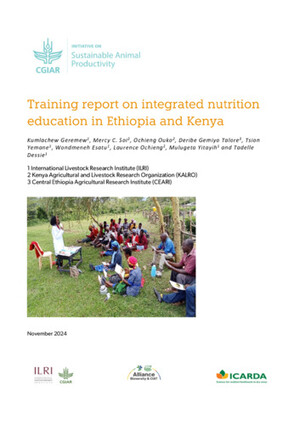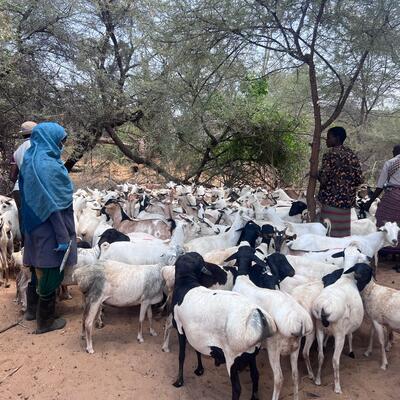
Market Intervention for Nutritional Improvement (MINI)
This project seeks to analyse market and technical interventions in vegetable and poultry value chains in Bihar, Bangladesh, and Ghana. The work highlights ways of making value chains more nutritionally sensitive based on a case study of an aggregation system, dubbed ‘LOOP’, developed by the non-governmental organization Digital Green. Through the aggregation of supply on-farm, the LOOP intervention reduces market transport costs and allows farmers to reinvest the time and money into on-farm and non-farm activities.
MINI is one of ILRI’s flagship projects in which the use of participatory system dynamics (SD) models has been applied in the context of analyzing agri-food and livestock value chains. This approach facilitates a mediated discussion with 10-15 value chain actors in a series of focus group meetings to co-create quantitative models that can help identify prospective win-win solutions that benefit producers, consumers, and other value chain actors.
Study objectives
The MINI project has three main objectives centred around the core theme of exploring the nutritional potential of horticultural aggregation schemes (i.e. the ability to improve fruits, vegetables (F&V) availability and affordability in markets serving nutritionally-vulnerable consumers).
- What are the implications of the current Loop scheme for the availability and affordability of F&V in local markets across Bihar and Jessore?
- How can the scheme be made more nutritionally-sensitive, safe and equitable?
- What are the implications of the scenarios for future evolution?
Given the short-cycle production similarities between F&V and poultry, the ability to scale out this type of aggregation model in poultry will be further explored along the dimensions noted above, based on lessons generated from our initial analysis of F&V and LOOP specifically.
Whilst nutrition security is at the forefront of these objectives, we also acknowledge that aggregation schemes are primarily producer-facing interventions. A key part of the MINI project is therefore understanding the types and magnitudes of trade-offs that may arise from adapting aggregation schemes to become more consumer-oriented. For example, how might farmer incomes be affected by increasing the volumes of LOOP aggregations supplied to local, smaller, retail-oriented markets?






